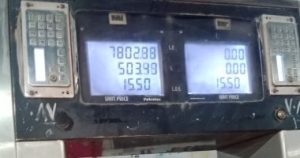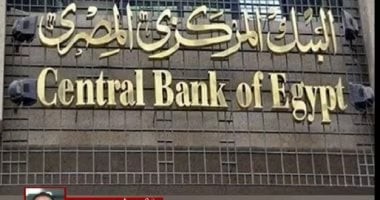Article 157 of the Central Bank and Banking System Law No. 194 of 2020 stipulates that the Central Bank, upon publishing a decision declaring a bank troubled, may take one or more of the following measures without obtaining approval from any of the bank’s shareholders, creditors, or debtors, and without adhering to other laws or contractual obligations:
(a) Dissolve the board of directors of the troubled bank and appoint a commissioner to manage it.
(b) Suspend the bank’s operations or some of its activities entirely or partially.
(c) Reduce the nominal value of the bank’s shares or reduce the number of issued shares.
(d) Recapitalize the bank by issuing new shares or other tradable securities.
(e) Reduce some of the bank’s liabilities or convert them into shares in its capital or in the bridge bank.
(f) Terminate or amend the terms of any contract or debt instrument in which the bank under settlement is a party.
(g) Transfer all or some of the rights, obligations, and assets owned by the troubled bank to another bank or the bridge bank.
(h) Merge the troubled bank into another bank or transfer ownership of its shares.
(i) File civil lawsuits to claim compensation and recover any funds against any shareholders, senior officials, or responsible employees for the bank’s failure.
These provisions also apply to branches of foreign banks in a manner appropriate to their nature.
The Central Bank may exercise all its powers stipulated in this chapter directly or through appointing a commissioner, who is assigned the management duties of the bank under settlement, which may include executive management, board of directors, and general assembly powers. The commissioner performs his duties according to the rules and instructions issued by the Central Bank and under its supervision.













Recommended for you
Exhibition City Completes About 80% of Preparations for the Damascus International Fair Launch
Talib Al-Rifai Chronicles Kuwaiti Art Heritage in "Doukhi.. Tasaseem Al-Saba"
Unified Admission Applications Start Tuesday with 640 Students to be Accepted in Medicine
Egypt Post: We Have Over 10 Million Customers in Savings Accounts and Offer Daily, Monthly, and Annual Returns
His Highness Sheikh Isa bin Salman bin Hamad Al Khalifa Receives the United States Ambassador to the Kingdom of Bahrain
Al-Jaghbeer: The Industrial Sector Leads Economic Growth